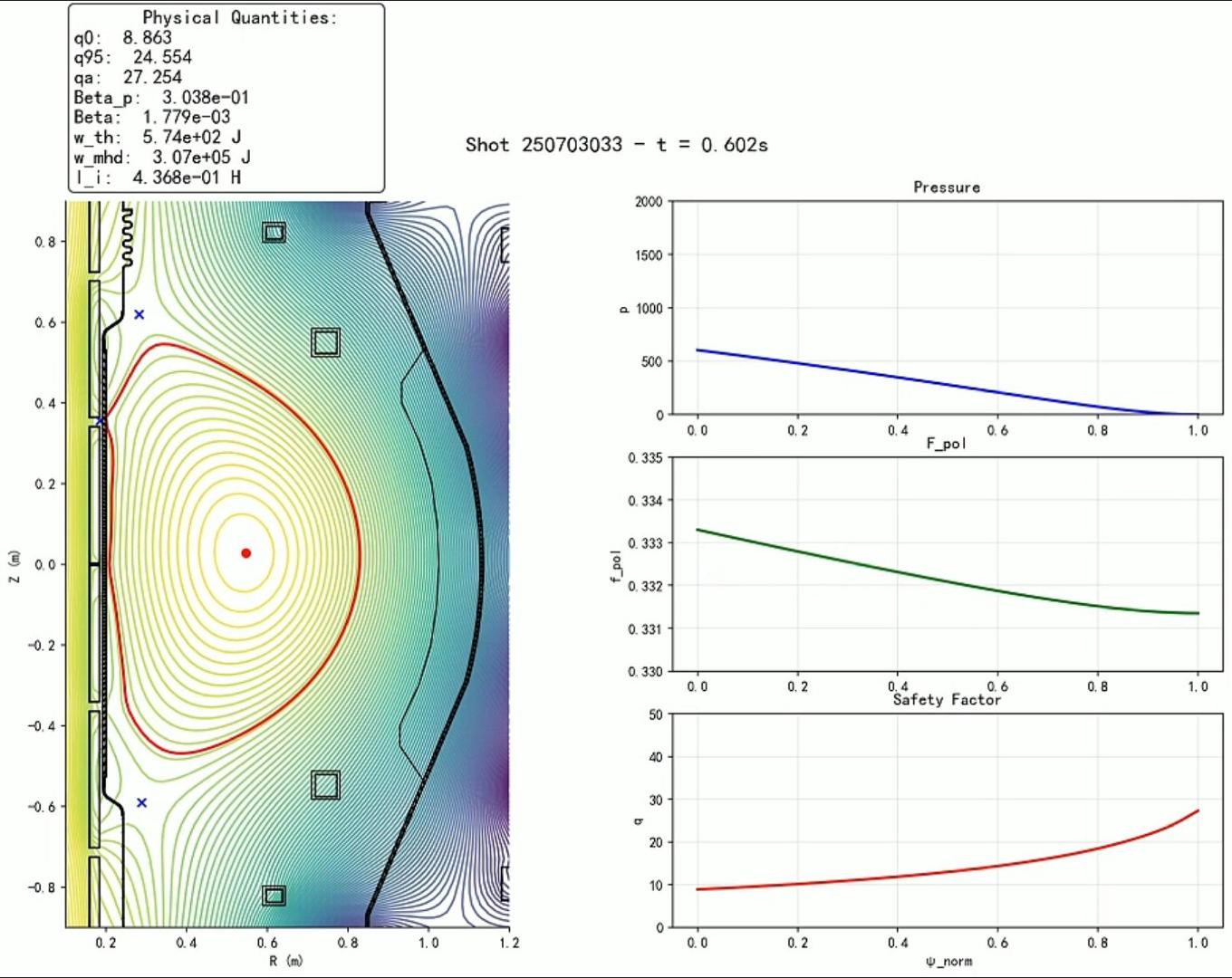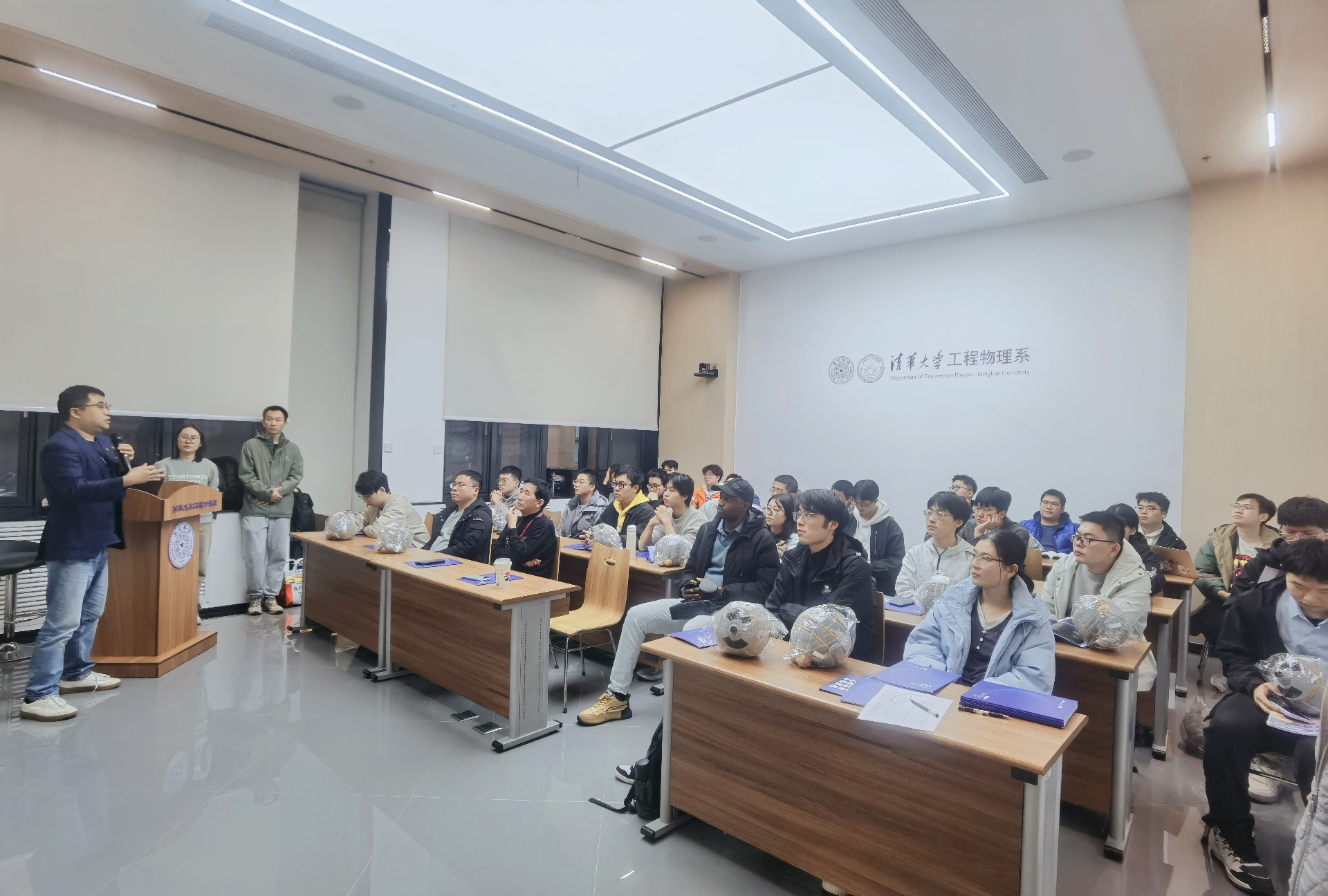In Washington State, USA, there are three companies dedicated to commercializing nuclear fusion: Helion Energy, ZAP Energy, and Avalanche Energy. Helion is aiming to deploy a commercial power plant in Washington by 2028, with Microsoft as its customer. Zap’s target for commercial power is 2030.
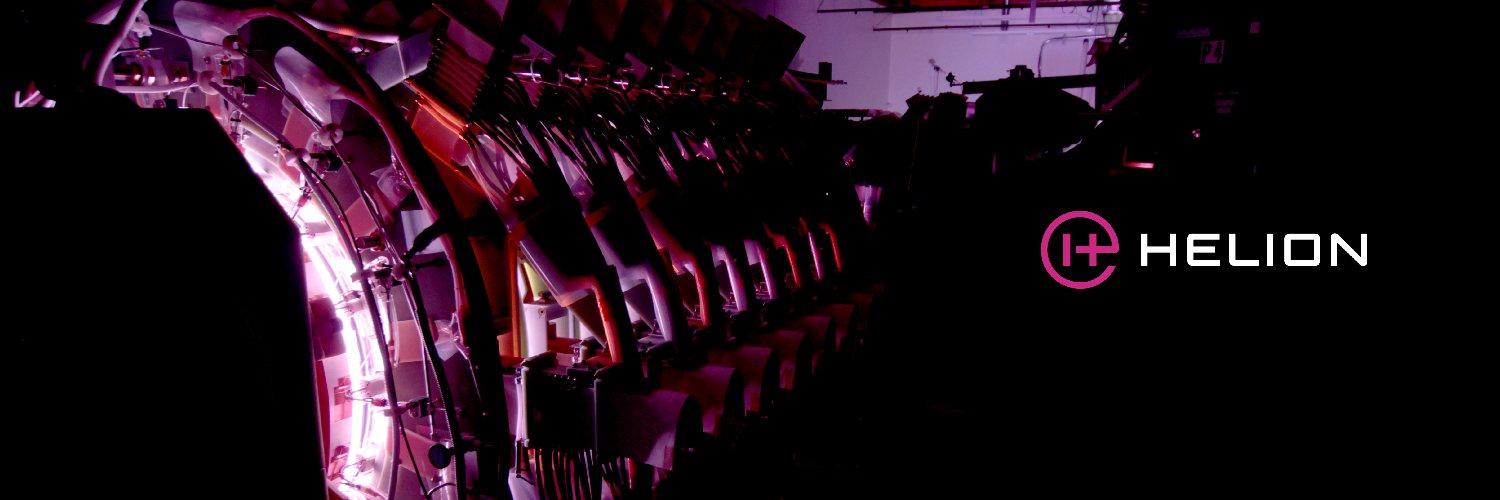
On April 15th, the Wenatchee World reported that Nuclear fusion power company Helion signed a letter of intent with the Chelan Douglas Regional Port Authority, located in Washington State, USA. This letter of intent received committee approval last week.
The state of Washington not only supports the development of companies dedicated to commercializing fusion energy but also provides a favorable legal environment for fusion.
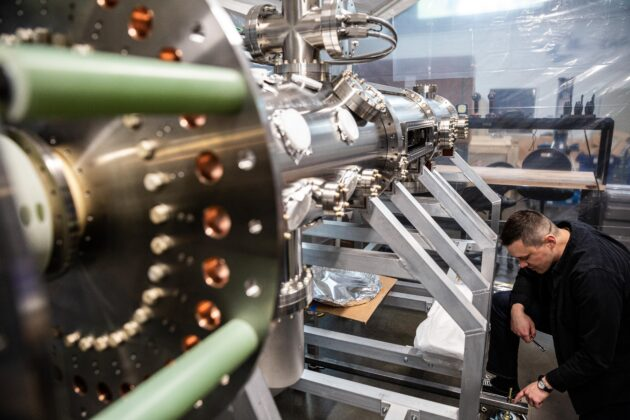
On March 28th, Governor Jay Inslee of Washington State signed legislation that clearly establishes fusion power as a source of clean energy that could help the state meet its climate goals. Clyde Shavers, D-Oak Harbor, who was one of the sponsors of the bipartisan legislation., stated, “As a legislator, our duty, our responsibility is to solve tomorrow’s problems today, and I think one of the solutions, in terms of protecting our environment, is the pursuit of fusion technology.”
Ryan Umstattd, Vice President of Products and Partnerships at Zap Energy, a fusion company based in Everett, Washington, mentioned that scientific advancements and funding from both private and public sources are driving the development of the fusion field. Therefore, preparing for the next steps makes sense. “It’s important to start our engines when it comes to regulatory processes, and we’re starting our engines when it comes to supply chains and making sure that we’re going to be able to scale up manufacturing,” he said. “So this is an important piece of legislation for us because it makes it clear how we might permit within the state of Washington.”
Although the exact location of Helion’s manufacturing plant has yet to be finalized, it signifies that fusion is another step closer to success.
Washington State is not alone. The U.S. government has consistently placed high importance on nuclear fusion power generation.
Since 2019, the U.S. government has released a series of policies, including the Nuclear Energy Innovation and Modernization Act (2019), the Deficit Reduction Act (2022), and the Fiscal Year 2024 Budget Proposal for U.S. Government Departments (2023), to increase support for the field of controlled nuclear fusion. This year, the U.S. House of Representatives passed the Advanced Nuclear Act, which redefines fusion devices as particle accelerators, thereby incorporating fusion into the regulatory framework for particle accelerators and promoting the implementation of a separate regulatory system for fusion and fission.
Funding for fusion in the United States has continued to exceed $1.48 billion this year.
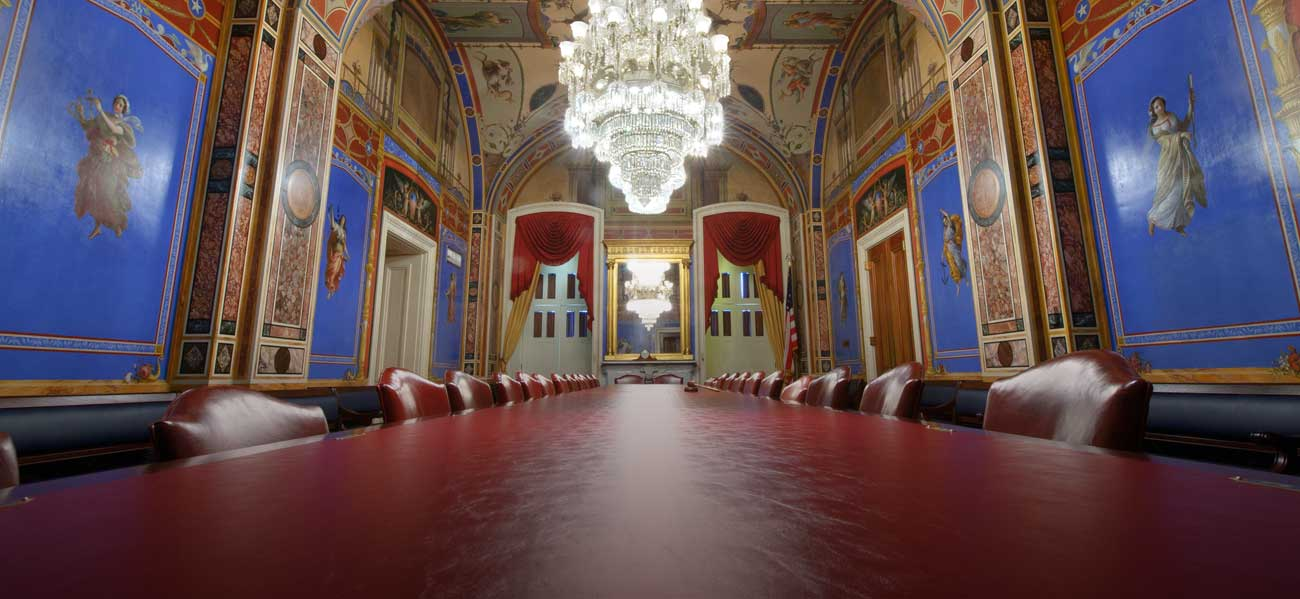
In the 2024 Appropriations Act, the U.S. government will increase the funding for fusion energy research in the Fusion Energy Sciences Office of the Department of Energy to $790 million. The Department of Energy's fusion research programs have been steadily increasing each year since 2018.
Funding for public-private partnerships in fusion in the United States has also seen significant growth, with an additional $40 million allocated this year on top of the previous year's base funding in 2023. This program has received $25 million in each of the past two budgets.
Inertial Confinement Fusion (ICF) research, supporting both the National Ignition Facility and other laser inertial fusion research efforts, has received a separate budget allocation of $690 million through the National Nuclear Security Administration (NNSA). Congress has provided $690 million for ICF, an increase of $60 million compared to 2023.
The U.S. government is strengthening international cooperation on fusion:
“The United States will collaborate with other governments to accelerate efforts to make fusion a new carbon-free energy source.” This statement was made by U.S. Special Presidential Envoy for Climate John Kerry at the COP28 climate summit held last year. John Kerry also emphasized that “the United States is trying to form a global team to outpace China in achieving the goal and prevent China from dominating another new technology.”
The Department of Energy (DOE) of the United States of America and the UK Minister for Nuclear Networking, Andrew Bowie, held a meeting in Washington, D.C. in November 2023, to discuss joint efforts in advancing fusion energy. They issued a joint statement. Shortly in December, the White House launched the “Strategy for International Partnerships in a New Era of Fusion Development” initiative.
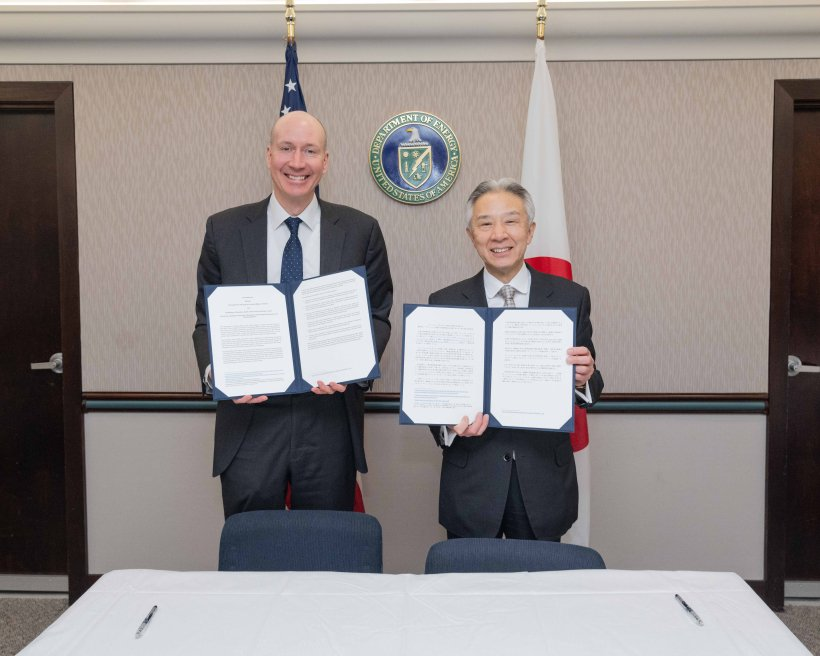
The Department of Energy (DOE) of the United States of America and the Ministry of Education, Culture, Sports, Science and Technology (MEXT) of Japan have today decided to form a major new strategic partnership to accelerate the demonstration and commercialization of fusion energy On April 10, 2024.
Images source:FIA
Edited by:Startorus Fusion
References:

